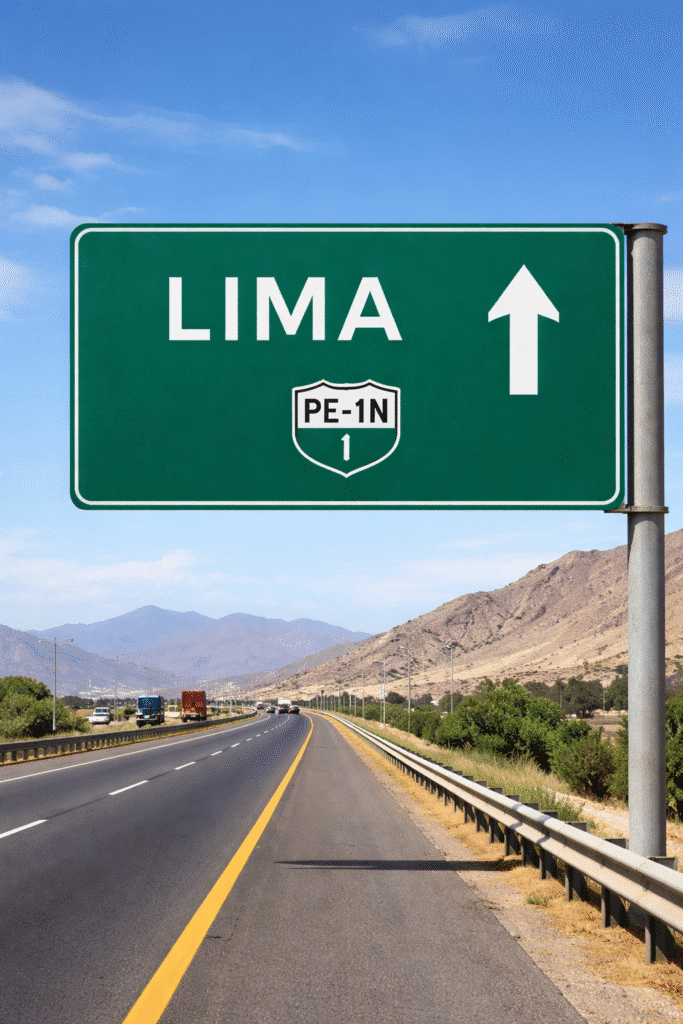The United States is an outlier both in the amount of discovery permitted during litigation in its courts and in its willingness to assist evidence gathering on behalf of foreign and international courts. The readiness of U.S. courts to compel production by foreign parties of evidence located in foreign countries has at times spurred protests by those countries, particularly in the context of antitrust litigation. When that extraterritorial evidence is in the hands of a nonparty, U.S. courts must seek assistance from the country where the evidence is located because a court can only compel persons subject to its authority to testify or produce documents. To request such assistance, U.S. courts may invoke the Hague Evidence Convention or rely on letters rogatory, both of which are imperfect mechanisms. Meanwhile, Congress has broadly authorized the federal courts to assist with discovery on behalf of foreign or international tribunals through 28 U.S.C. § 1782.
A Primer on Transnational Discovery
[Updated September 1, 2025] Discovery is a formal process in which each party gathers information relevant to its case. Transnational discovery may be necessary to obtain information located abroad for use in U.S. courts or to obtain information located in the United States for use in foreign courts. As a general matter, courts may order…
Continue ReadingDistrict Court Orders Section 1782 Discovery for Peru Bribery Cases
28 U.S.C. § 1782 authorizes federal courts to order discovery for use in foreign or international tribunals. A recent decision in the Southern District of New York (SDNY), In re Brookfield Infrastructure Partners L.P., shows how § 1782 works, while raising interesting questions about discovery from banks and law firms. Highway Bribery In 2012, Metropolitan…
Continue ReadingIssue to Watch: Section 1782 and the Unified Patent Court
Section 1782 is big business, with large numbers of petitions filed in federal courts every year. 28 U.S.C. § 1782 is a federal statute authorizing federal courts order discovery for use in a foreign or international tribunal (but not an international arbitral tribunal). The Supreme Court elaborated various aspects of Section 1782 in its 2004 decision Intel Corp. v….
Continue ReadingIsraeli Data Protection Law No Bar to U.S. Discovery
A U.S.-based mobile gaming platform called Skillz sued its Israeli-based competitor, Papaya Gaming Ltd., for false advertising and deceptive practices. Skillz claimed that Papaya used “bots,” despite advertising to customers that they would be competing against real humans. Papaya counterclaimed, making nearly identical allegations against Skillz for allegedly misrepresenting that Skillz players compete against people,…
Continue Reading

